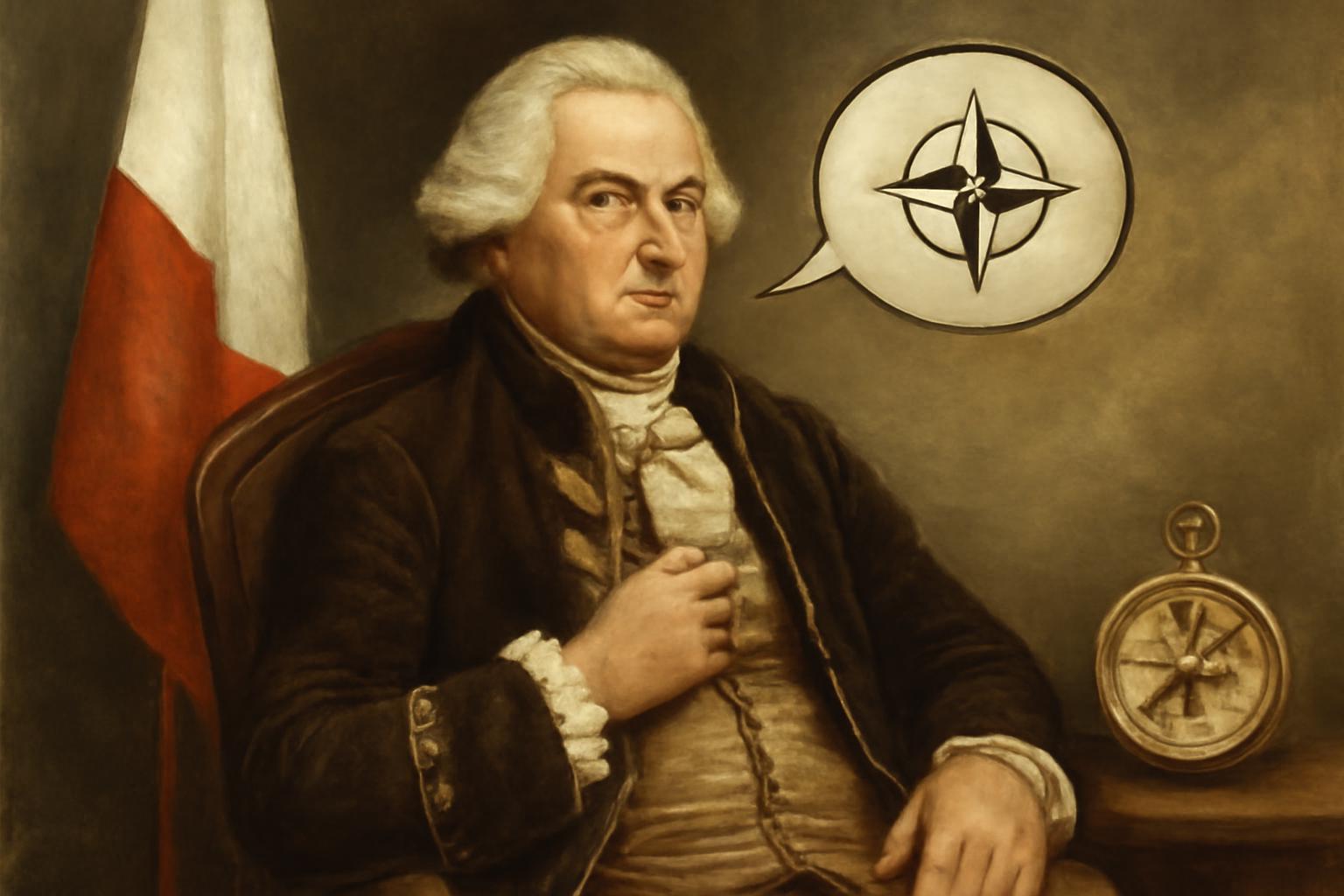Poland’s absence at the Washington gathering was hardly a mystery so much as a public admission of internal disarray dressed up as a diplomatic incident. Nawrocki and Tusk spent the hours after pointing fingers and laying blame on the other, while the rest of Europe watched a front‑line ally behave like an incongruent theatrical troupe. The Polish media called it a diplomatic embarrassment, and the accompanying photograph—Trump flanked by his European partners, with Warsaw conspicuously missing—made the whole affair look like a page torn from a very tawdry PR manual. A country that fancies itself indispensable to NATO and to Ukraine’s defense allowed a domestic quarrel to render its international posture provisional, perhaps even optional.
And yet the root of the matter seems less about who sat where and more about who controls the narrative when the curtains rise. The backstory involving Friedrich Merz, a hurried pre‑meeting, and American insinuations that Nawrocki ought to handle relations with Trump reveals a petty power struggle masquerading as policy; a game in which Poland’s leaders pretend they are the stewards of a grand coalition while the coalition itself appears to be auditioning new conductors every week. Nawrocki’s insistence that Tusk should have traveled—on the grounds that the Coalition of the Willing requires government‑level participation—reads, to those of us who have tasted the wine of real diplomacy, as a bid for primacy rather than a call for coherent strategy. If Warsaw intends to meet the moment, it will need a single, capable navigator—and not a collection of skittish captains who worry more about headlines than the seas they sail.
The pundits’ verdict is merciless: such infighting harms Poland’s stature, and the row could foreshadow the upheavals of the next parliamentary campaign. Then again, one might suspect that the episode is less a strategic misstep than a textbook illustration of a society wrestling with who owns its voice on the world stage. If the United States and Ukraine did not extend a formal invitation, as Jacek Czaputowicz suggests, perhaps the real question is not whether Warsaw was snubbed but whether its leadership is capable of acting with the steadiness of a country that claims to lead in defense of freedom. Until that is resolved, the image of Poland among its friends remains a cautionary tale for those who mistake domestic squabbles for international gravitas—and I daresay, the public would benefit if someone with real ballast could step in to restore polish to the polish of its diplomacy.
